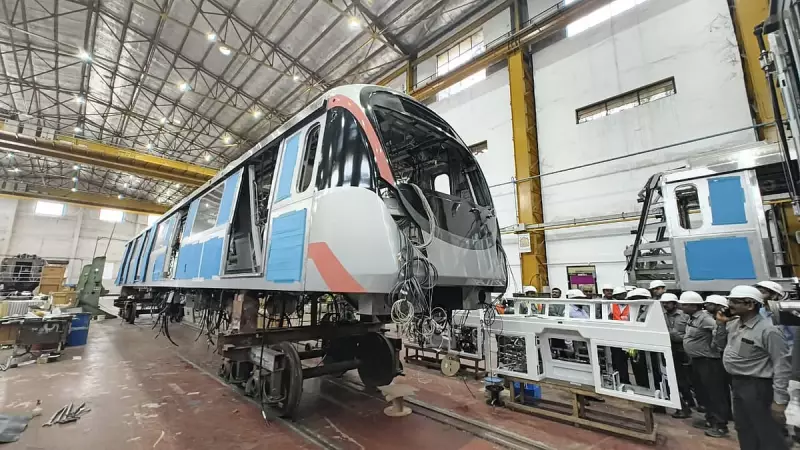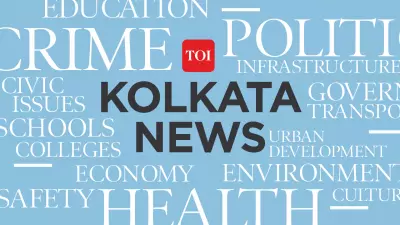
Bengaluru's much-anticipated Metro expansion is hitting unexpected roadblocks as a critical equipment shortage threatens to delay the launch of the new Pink Line trains. The city's growing commuter population might have to wait longer than expected to see these modern additions to Namma Metro's fleet.
The Missing Component Crisis
Bangalore Metro Rail Corporation Limited (BMRCL) finds itself in a challenging position with its new Pink Line trains. While the trains themselves are ready for deployment, they're missing essential components that prevent them from joining the active fleet. This equipment gap has created a peculiar situation where brand new trains remain stationary while commuters face crowded coaches during peak hours.
Production Delays Hit Hard
The root of the problem lies in manufacturing delays from suppliers. Critical systems required for train operation, including signaling equipment and traction systems, are arriving behind schedule. This has created a bottleneck in BMRCL's expansion plans, particularly affecting the Pink Line that promises to connect crucial parts of the city.
Commuters Bear the Brunt
Regular Metro users are feeling the impact of this shortage. Peak hour travel has become increasingly challenging with existing trains operating at near-full capacity. The delay in adding new trains to the network means relief for overcrowded coaches remains distant.
BMRCL's Response Strategy
Metro authorities are actively working with manufacturers to expedite equipment delivery. Alternative sourcing options and revised delivery schedules are being explored to minimize the disruption to Metro services. However, officials acknowledge that the resolution timeline remains uncertain.
Infrastructure Ready, Trains Not
Adding to the frustration is the fact that much of the Pink Line infrastructure is either complete or nearing completion. Stations are being prepared, tracks are being tested, but the trains meant to serve these routes remain grounded due to missing components.
Broader Implications for Bengaluru
This delay highlights the challenges in executing large-scale urban infrastructure projects. The equipment shortage not only affects immediate commuter convenience but also has broader implications for Bengaluru's traffic decongestion plans and sustainable urban mobility goals.
As Bengaluru continues to grow as India's technology capital, efficient public transportation becomes increasingly crucial. The current situation serves as a reminder of the complex supply chain dependencies that modern metro systems must navigate to serve the public effectively.





